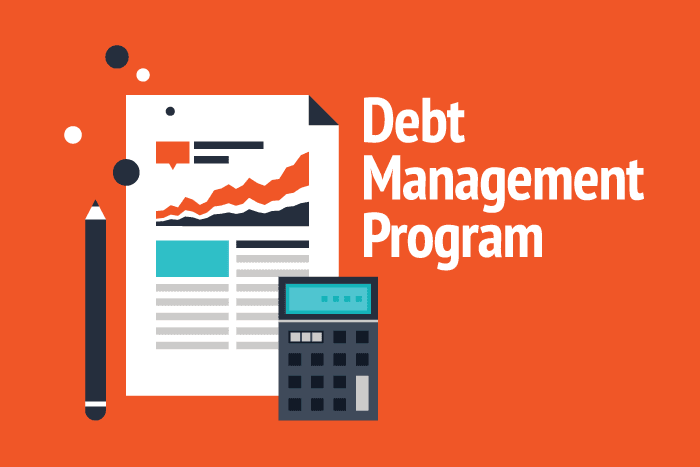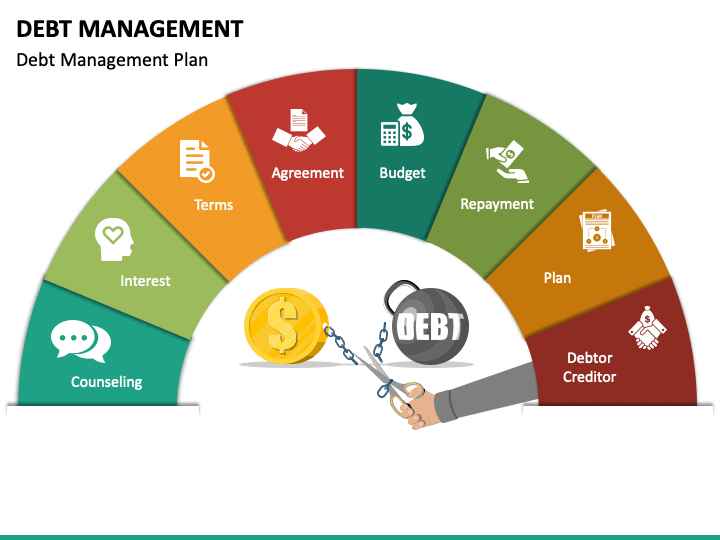Maximize Your Financial Potential with Professional Debt Management Plan Services
Recognizing the Significance of a Well-Structured Financial Obligation Administration Strategy for Financial Security
In the realm of individual financing, the significance of keeping a well-structured financial debt management strategy can not be understated. It acts as a foundation for achieving and maintaining economic security, yet its relevance commonly remains neglected or ignored. As individuals browse the intricacies of managing their monetary commitments, a strategic technique to financial debt monitoring can lead the way for a more flourishing and secure future. By comprehending the essential principles and sensible approaches behind reliable debt administration, people can open the path to not only reducing debt concerns yet additionally cultivating a solid structure for lasting monetary wellness.
The Effect of Financial Debt on Financial Stability

Moreover, the effect of debt on monetary stability extends beyond just the economic facets. It can also impact mental wellness, relationships, and general health. The stress and anxiety and stress and anxiety linked with frustrating financial debt can prevent decision-making abilities and stress professional and personal connections.
For that reason, it is critical for people and organizations to carefully handle their financial obligation degrees, ensuring that it aligns with their monetary objectives and capacities. By recognizing the implications of debt on monetary security and applying efficient financial debt monitoring people, techniques and companies can secure a much more thriving and secure monetary future.
Parts of a Reliable Financial Obligation Management Plan
Given the essential importance of preserving economic stability among differing financial debt levels, understanding the necessary parts of an effective financial obligation management strategy is critical for individuals and companies alike. A comprehensive financial debt administration strategy usually includes an extensive assessment of present financial obligations, revenue, and costs to develop a clear economic picture. Establishing achievable and particular financial goals is critical in leading the financial debt repayment process. Focusing on debts based upon rate of interest, with an emphasis on settling high-interest financial obligations initially, can save money over time. Developing a detailed spending plan that assigns funds for financial obligation payment while still covering necessary expenditures is fundamental. Negotiating with financial institutions for reduced rates of interest or revised payment plans can additionally become part of an efficient financial obligation monitoring approach. In addition, developing an emergency fund to avoid collecting more debt in instance of unanticipated costs is a prudent element of a well-rounded financial debt administration strategy. Frequently readjusting the plan and keeping an eye on as required ensures its effectiveness in attaining monetary security.
Benefits of Applying a Debt Repayment Method

Tips for Producing a Sustainable Budget Plan
Structure a strong economic structure starts with grasping the art of creating a lasting budget that aligns with your Visit This Link long-term economic objectives and matches your financial obligation repayment strategy. Set reasonable spending limits for each category, guaranteeing that your essential expenditures are covered while leaving space for savings and financial debt payments.
Furthermore, take into consideration using budgeting devices and apps to streamline the procedure and keep on your own answerable. Consistently testimonial and adjust your budget plan as required, especially when encountered with unanticipated expenses or adjustments in earnings. Bear in mind to allot a part of your budget in the direction of developing an emergency fund to cover unexpected economic difficulties. By adhering to these pointers and staying disciplined in your budgeting technique, you can develop a sustainable monetary strategy that supports your lasting goals and helps you achieve long-term monetary security.
Tracking and Changing Your Financial Debt Management Plan
Consistently analyzing and adapting your debt monitoring plan is vital for keeping economic progression and achieving financial obligation payment goals. Monitoring your financial obligation management plan involves monitoring your earnings, costs, and financial debt equilibriums to ensure that you are staying on track with your monetary goals (debt management plan services). By regularly assessing your strategy, you can recognize any type of areas that might require change, such as cutting down on unnecessary expenses or raising your debt settlements
Readjusting your financial debt management plan may best site be essential as your economic situation progresses. Life adjustments, such as a task loss or unforeseen expenses, might need you to reassess your plan and make modifications to accommodate these new conditions. Furthermore, as you pay down your financial debt, you might locate that you have added funds offered to assign towards debt repayment or financial savings.

Verdict
To conclude, a well-structured financial obligation management strategy is important for keeping monetary security. By understanding the impact of financial obligation, implementing a payment method, producing a sustainable budget plan, and monitoring and adjusting the strategy as required, individuals can take control of their financial situation and work in the direction of a debt-free future. It is crucial to focus on monetary health and make notified decisions to protect a thriving and stable monetary future.
By understanding the essential principles and functional approaches behind effective financial obligation administration, people can open the path to not only minimizing debt problems yet also growing a solid structure for lasting economic well-being.
Offered the critical value of keeping economic security in the middle of differing debt levels, understanding the important elements of a reliable financial debt monitoring plan is critical for companies and people alike. A detailed financial debt administration plan normally consists of a complete analysis of existing financial obligations, earnings, and expenses to develop a clear monetary official website photo - debt management plan services.Consistently evaluating and adjusting your debt monitoring plan is important for keeping financial progression and attaining financial obligation repayment goals. Checking your financial debt administration plan includes keeping track of your income, expenses, and financial debt balances to make certain that you are remaining on track with your monetary objectives